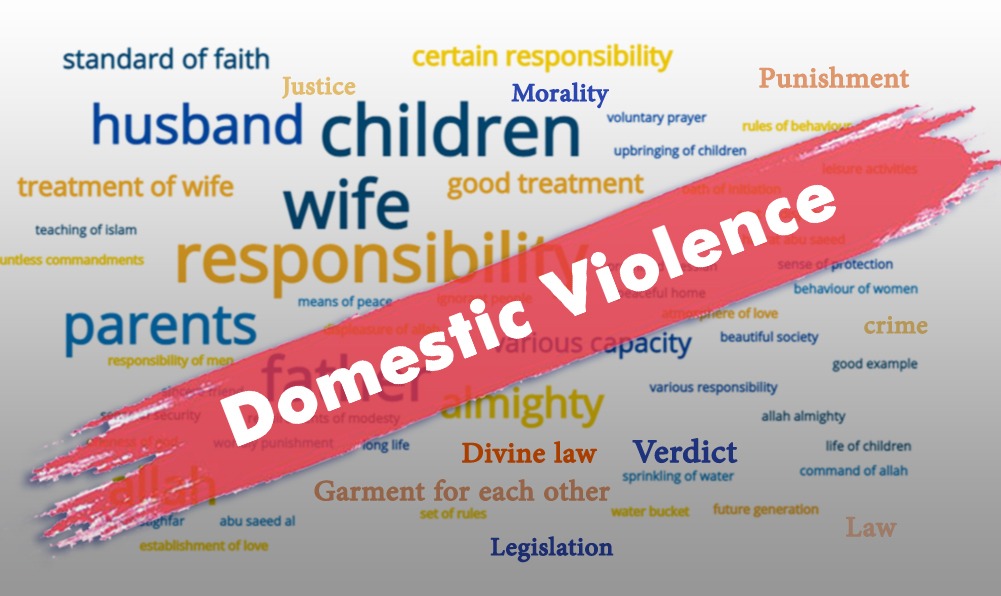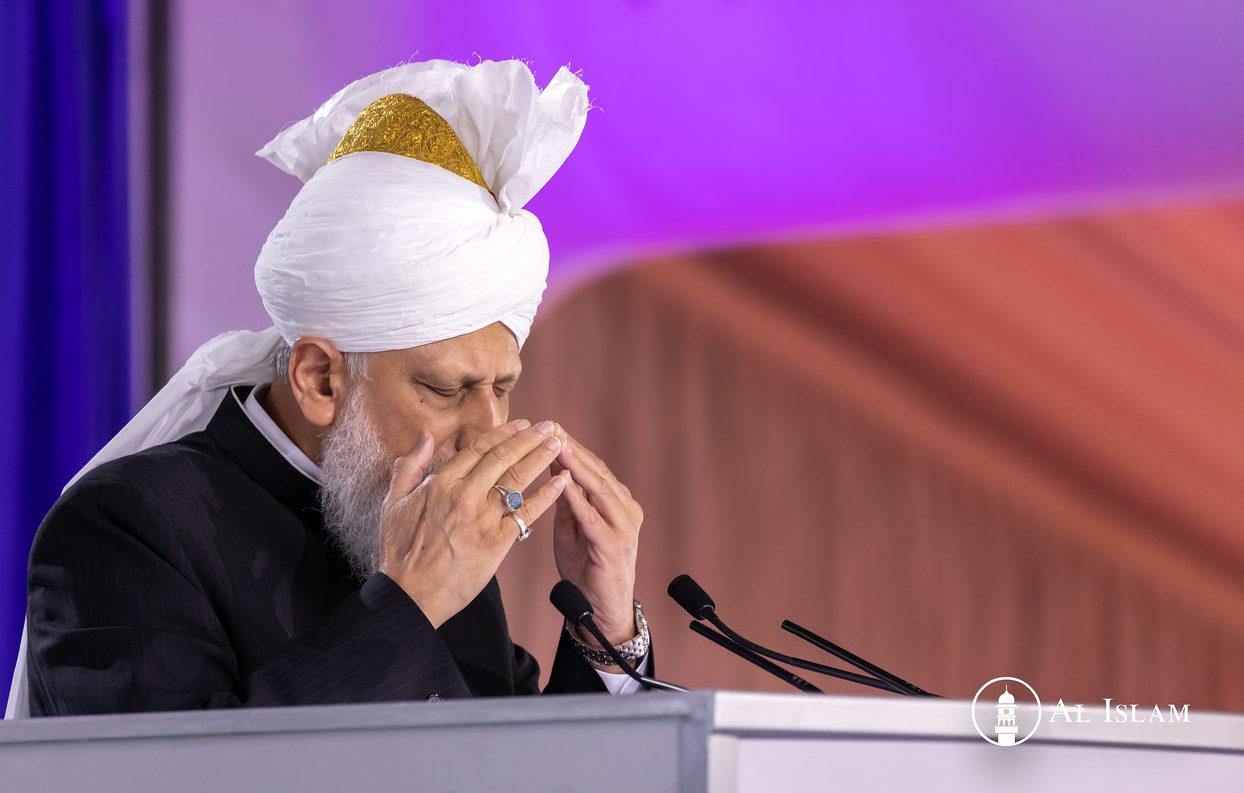Though various steps have been taken to curb down domestic abuse, the root causes behind the problem remain largely unaddressed.
NELOFAR T A, ERNAKULAM
MARCH 8, 2021
“For many women and girls, the threat looms largest where they should be safest: in their own homes” – António Guterres
On the 6th of April 2020, calling out the world to focus on their efforts to overcome coronavirus, UN chief, António Guterres appealed for a ‘ceasefire’ unheard of its kind. Pointing out that violence is not confined to battlegrounds, he appealed for a ‘ceasefire’ on domestic violence after ‘a horrifying global surge’ during the Covid-19 crisis[1].
The situation cannot be worse. Around the globe, for one-third of women and girls, the idea of home as a safer place is still an unreality[2]. The issue of domestic violence, as per studies, is not limited to countries with poorer economies; rather it is an issue that transcends nations and cultures[3].
According to a report published by the National Center for Injury Prevention and Control and the Centers for Disease Control and Prevention, in the USA, around 10 million people are physically abused by an intimate partner in one year, which equates to 20 people being abused every minute, a large majority of whom are women[4]. Similarly in India, according to the NCRB data, over 1.26 lakh cases of domestic violence were recorded in 2019 alone[5].
Though governments and NGOs across the world have been trying to curb down domestic abuse by enforcing the law on all grounds and by providing emergency helplines and shelter homes, the root causes behind the problem remain largely unaddressed.
Power and control
Primarily, experts say, domestic violence is about exercising control. In an attempt to feel powerful, men behave aggressively. In such cases, their behaviour will not necessarily be limited to physical abuse but can also be verbal, emotional or psychological. Often, this behaviour is normalized by the deeply ingrained patriarchal and cultural norms and is knowingly limited within the four walls of homes.
Moreover, the widely celebrated sexist models of manhood have a higher chance of validating violence at home for the sake of power and control. Thus, law enforcement cannot bring a long-term change, unless the concepts of the so-called masculinity are not challenged[6].
It is in this context that the Quranic ideal of manhood and domestic life becomes relevant. The Holy Prophetsa of Islam showed an example, which contradicts the celebrated outlook of sexist ‘manliness’ quite prevalent in today’s world.
Prophet Muhammadsa taught his followers, “You will be rewarded for whatever you spend for Allah’s sake even if it were a morsel which you put in your wife’s mouth”[7].
The Holy Prophetsa himself lived according to the most beautiful Quranic description of the ideal relationship between husband and wife: “They are a garment for you and you are a garment for them”[8].
Thus, treating women with kindness, care and affection is something obligatory in Islam and it discards the notion that women need to be kept and controlled.
Furthermore, the Holy Prophetsa says:
The best of you is the best to his wives, and I am the best of you to my wives.[9]
Here, Islam places the good treatment towards wives as the very sign of the greatness of one’s standard of faith.
Often, men justify their violent behaviour by referring to such aspects of women which they dislike. However, Islam categorically rejects this notion saying:
And consort with them (women) in kindness; and if you dislike them, it may be that you dislike a thing wherein Allah has placed much good.[10]
Thus, Islam rejects the notion of ‘victim blaming’ prevalent in domestic abuses, where the victim is often accused to be the one who triggered the violence.
Hazrat Mirza Ghulam Ahmadas, the Promised Messiah and the founder of the Ahmadiyya Muslim Community, who undertook the mission of reforming Islam to its pristine form, admonished his followers regarding their relationship with their spouses saying:
It is said of some people that they treat their wives like shoes and require them to perform the lowliest of services. They abuse them and despise them and enforce the injunction regarding the veil with such harshness, as to virtually bury them alive.
The relationship between a husband and wife should be like two true and sincere friends. After all, it is the wife who is the primary witness of a man’s high moral qualities and his relationship with God Almighty. If his relationship with his wife is not good, how can he be at peace with God? [11]
This, that is to understand the true values of a healthy marital relationship, is how we can hope to bring an end to this evil which is getting graver day by day.
Alcohol: A contributor to violence
For a society working to prevent abuse, it is vital to acknowledge the societal influences that normalize and encourage such behaviour.
According to WHO, alcohol consumption is a major contributor to the occurrence of intimate partner violence, especially when it is consumed at harmful and hazardous levels[12]. Because, the use of alcohol directly affects the cognitive and physical functioning of a person, subsequently reducing self-control and leaving individuals less capable of resolving conflicts within relationships through non-violent means.
The National Family Health Survey shows that in India, while 71 percent of women experience physical or sexual violence from their alcoholic husbands, the prevalence of abuse drops down to 22% in the case of women with husbands who have never consumed alcohol.[13]
In the USA, treatment for alcohol dependence among males significantly decreased husband-to-wife physical and psychological violence, and wife-to-husband marital violence six and twelve months later.[14]
It is on account of these consequences that Islam forbids alcohol completely. The Holy Quran states:
O ye who believe! Wine and the game of hazard… are only an abomination of Satan’s handiwork. So shun each one of them that you may prosper.[15]
This Islamic injunction of prohibiting alcohol is an extremely significant step in curtailing and preventing domestic abuse.
Pornography and domestic violence
Laura McNally in her article, Pornography, Violence and Sexual Entitlement: An Unspeakable Truth, writes about the conspicuous refusal to address the sexist attitudes, which leads to domestic abuse against women in the first place. Though gender equality is practised today more than ever in economic and political spheres, the rise in sexism amongst boys compared to their last generation is accounted by “the role of Westernised “raunch culture” in driving sexism – that is, pornography and its ubiquity in everyday life”[16].
A 2015 meta-analysis published in the Journal of Communication provides concrete evidence that consuming pornography increases physical and verbal sexual aggression. The researchers conducted a meta-analysis of 22 studies from seven different countries and found that,
[Porn] consumption was indeed associated with sexual aggression in the United States and internationally, among males and females, and in cross-sectional and longitudinal studies. Associations were stronger for verbal than physical sexual aggression, although both were significant.[17]
These grave consequences of pornography need to be challenged and addressed primarily. With regards to this, when one looks through the Holy Quran, the teaching of chastity for men is written as:
Say to the believing men that they restrain their eyes and stand guard over their sexual impulses. That is purer for them. Surely, Allah is well aware of what they do.[18]
This particular verse commands men to guard over their sexual desires by controlling or lowering their gazes; which is to refrain from gazing lustfully at women or watching pornography. This teaching of the Holy Quran, if put into practice, can bring a halt to the sexism perpetrated through pornography, which is deemed as progressive in today’s world.
Thus, Islam proposes completely practical and effective solutions for curbing down the horrific abuses happening across many homes. By upholding and exemplifying the true beauty of a husband-wife relationship, and by abolishing the factors which trigger abuses of all kinds, Islam puts forward realistic solutions, which if implemented, could bring an end to this shadow pandemic.
Unfortunately, this very religion is often accused as misogynistic due to the patriarchal practices prevalent in the so-called Islamic countries despite the fact that such practices go directly contrary to the principles mentioned above. Hence, to attribute such indecencies to Islam and its prophet, who truly liberated women and established their rights, is extremely unfair. The Holy Prophetsa is that person regarding whom his own wife testifies that he “never struck a servant or a woman”[19]. Can there be a greater injustice than to accuse a person of an evil that he himself had advocated to abolish and spent his entire life to eradicate?
Hence, it is as illogic as it is unjust to accuse Islam of being the promoter of violence against women referring to the so-called Muslim countries where Islamic teachings are not practised in the true sense. The only response I can give to such people is the one given by the Fourth Caliph of the Ahmadiyya Muslim Community, Hazrat Mirza Tahir Ahmadrh. He says:
We must learn Islam, not from the Mullahs or from Arabia or from Pakistan. We must learn Islam from the conduct of Hazrat Muhammadsa, the Prophet of Islam himself.[20]
The author is an undergraduate in Physics and serves as the President of the Ahmadiyya Muslim Women’s Students Association, Ernakulam, Kerala.
References
[1] UN Chief Calls for Domestic Violence ‘Ceasefire’ Amid ‘Horrifying Global Surge’, UN News, 6 April 2020
[2] Globally, almost one-third (30%) of all women who have been in a relationship have experienced physical and/or sexual violence by their intimate partner. Source: Global and Regional Estimates of Violence against Women: Prevalence and Health Effects of Intimate Partner Violence and Non-Partner Sexual Violence by WHO p. 20
[3] Though lower as compared to low-income regions, studies show that the prevalence of violence against women is around 23% in high-income regions, and 25% in European and Western Pacific countries. Source: Global and Regional Estimates of Violence against Women: Prevalence and Health Effects of Intimate Partner Violence and Non-Partner Sexual Violence by WHO p. 16-17
[4] The National Intimate Partner and Sexual Violence Survey: 2010 Summary Report published by the National Center for Injury Prevention and Control and the Centers for Disease Control and Prevention p. 42-44
[5] In 2019, 126,575 women faced cruelty from husbands or their relatives. Source: Crime in India- 2019 by NCRB p. 197
[6] Understanding Masculinities and Violence Against Women and Girls by UN Women Training Centre
[7] Sahih al-Bukhari, Kitab al-Iman (Chapter on Belief)
[8] Holy Quran 2: 188
[9] Sunan al-Tirmidhi, Kitab al-Manaqib (Chapter on Virtues)
[10] Holy Quran 4: 20
[11] Malfoozat, v. 3, p. 300-301
[12] Intimate Partner Violence and Alcohol by WHO
[13] National Family Health Survey (NFHS-4) p. 563
[14] Intimate Partner Violence and Alcohol by WHO
[15] Holy Quran 5: 91-92
[16] Pornography, Violence and Sexual Entitlement: An Unspeakable Truth, ABC- Australian Broadcasting Corporation 29 May 2015
[17] A Meta‐Analysis of Pornography Consumption and Actual Acts of Sexual Aggression in General Population Studies by Paul J. Wright and others, published in the Journal of Communication February 2016 issue.
[18] Holy Quran 24: 31
[19] Sunan Abi Dawud, Kitab al-Adab (Chapter on General Behaviour)
[20] English Mulaqaat dated July 1, 1995












0 Comments